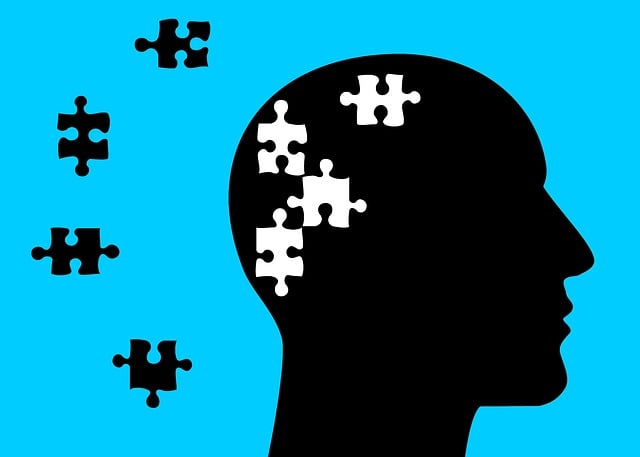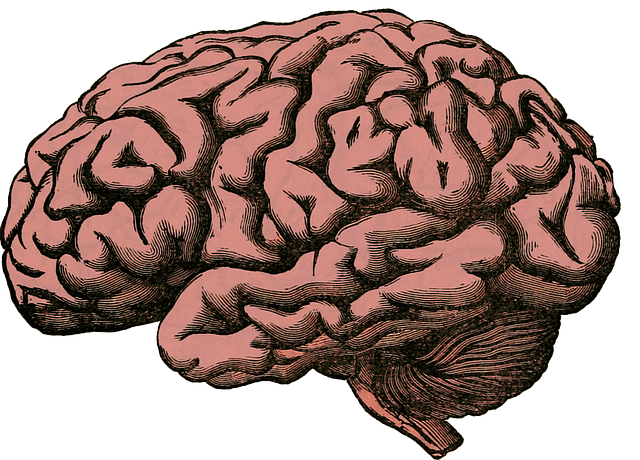Diagnosing mental health issues in the elderly with co-occurring alcohol abuse disorders is challenging due to the masking effect of alcohol dependence on underlying conditions like depression or anxiety. To improve accuracy, targeted interventions such as burnout prevention strategies for healthcare workers and social skills training are essential. Advanced therapies like Cognitive Behavioral Therapy (CBT) and personalized treatment plans based on individual patient needs enhance diagnosis and improve outcomes for dual diagnoses in elders. Comprehensive risk assessments tailored to older adults' needs, including self-care routines, further ensure accurate diagnoses and effective patient care for therapy of elders' alcohol abuse issues.
Mental illness diagnosis accuracy is a critical aspect of elderly care, especially with issues like alcohol abuse. This article explores the challenges faced in diagnosing mental health conditions in the elderly, often masked by substance abuse. We delve into innovative therapies and customized treatment plans as game-changers in improving diagnostic outcomes. Additionally, we highlight strategies for healthcare professionals to navigate this complex landscape, ensuring accurate diagnoses and effective therapy for elders struggling with alcohol abuse.
- Uncovering the Challenges: Understanding Elderly Alcohol Abuse and Mental Health Misdiagnosis
- Innovative Approaches: Enhancing Diagnosis Accuracy through Advanced Therapies
- The Role of Customized Treatment Plans in Improving Diagnostic Outcomes
- Supporting Elderly Patients: Strategies for Healthcare Professionals to Ensure Accurate Diagnoses
Uncovering the Challenges: Understanding Elderly Alcohol Abuse and Mental Health Misdiagnosis

Uncovering the challenges faced in diagnosing mental health issues among the elderly is a complex task, particularly when alcohol abuse is a contributing factor. The issue is multifaceted; many older adults struggle with co-occurring disorders, where alcohol dependence masks underlying mental health problems such as depression or anxiety. This phenomenon poses significant difficulties for healthcare providers, often leading to misdiagnosis and inadequate treatment plans. The complexities of assessing the elderly further compound this challenge, as age-related cognitive changes can mimic symptoms of mental illness.
Therefore, it’s crucial to implement targeted interventions. Burnout prevention strategies for healthcare providers, such as stress management workshops and organization-wide initiatives, can enhance their ability to recognize these nuanced cases. Social skills training may also be beneficial in improving communication between patients and caregiving staff, facilitating more accurate assessments. By addressing these challenges head-on, we can ensure that the elderly receive the appropriate therapy for elderly alcohol abuse and mental health issues, promoting better outcomes and improved quality of life.
Innovative Approaches: Enhancing Diagnosis Accuracy through Advanced Therapies

Mental health professionals are continually exploring innovative approaches to improve diagnosis accuracy, especially for complex conditions like dual diagnoses—a situation where an individual suffers from both mental illness and a substance use disorder, such as alcohol abuse. Advanced therapies are emerging as powerful tools in this quest. For example, Cognitive Behavioral Therapy (CBT) has shown promise in treating dual diagnoses by helping individuals identify and change negative thought patterns and behaviors associated with both conditions.
Additionally, community outreach program implementation and public awareness campaigns development play a crucial role in early intervention. By educating the public about the signs of mental illness and substance abuse, these initiatives encourage people to seek help sooner. Compassion cultivation practices, which involve fostering empathy and understanding towards oneself and others, are also gaining traction. These approaches not only enhance the therapeutic process but also contribute to creating a more supportive environment for those struggling with dual diagnoses, ultimately improving diagnosis accuracy and treatment outcomes.
The Role of Customized Treatment Plans in Improving Diagnostic Outcomes

In the pursuit of enhancing mental illness diagnosis accuracy, a significant strategy involves tailoring treatment plans to individual patients. Customized treatment approaches recognize that each person’s experience with mental health challenges is unique, shaped by their personal history, cultural background, and specific symptoms. By adapting therapy styles and interventions to these nuances, healthcare professionals can significantly improve diagnostic outcomes. For instance, when addressing issues like alcohol abuse among elders, a one-size-fits-all approach may be ineffective due to the complex interplay of age-related factors and potential co-occurring disorders. Thus, tailoring treatment plans that incorporate sensitive cultural considerations, cognitive therapy, or group support—as seen in effective strategies for anxiety relief—can lead to more precise diagnoses and better patient outcomes.
Furthermore, these customized plans can mitigate the impact of mental illness stigma reduction efforts by fostering a sense of understanding and acceptance. By recognizing and addressing individual needs, healthcare providers not only improve diagnostic accuracy but also build trust with their patients, encouraging open communication. This is particularly crucial in preventing burnout among healthcare professionals, as it allows them to provide more personalized care, thereby enhancing job satisfaction and long-term resilience in the face of challenging cases, such as managing complex conditions like alcohol abuse in elders.
Supporting Elderly Patients: Strategies for Healthcare Professionals to Ensure Accurate Diagnoses

Supporting Elderly Patients: Strategies for Healthcare Professionals to Ensure Accurate Diagnoses
As the population ages, mental health professionals face a growing challenge in accurately diagnosing and treating elderly patients. This demographic often presents unique complexities due to co-occurring conditions, such as therapy for elders with alcohol abuse, which can mask or exacerbate existing mental health issues. Effective strategies are crucial to navigate these challenges and ensure precise diagnoses.
One key approach involves comprehensive risk assessments tailored to the needs of older adults. Mental health professionals should integrate self-care routine development into the assessment process, considering factors like medication interactions, cognitive changes, and social isolation. By implementing these strategies, healthcare providers can improve diagnostic accuracy, enhance patient care, and ultimately foster better mood management in elderly individuals seeking mental health support.
Mental illness diagnosis accuracy is a multifaceted issue, especially when addressing elderly alcohol abuse. By implementing advanced therapies and customized treatment plans, healthcare professionals can significantly improve diagnostic outcomes. Uncovering the unique challenges faced by the elderly population, as discussed in this article, is crucial for fostering more effective support systems. With tailored strategies and an emphasis on innovative approaches, we can enhance care, ensure accurate diagnoses, and ultimately revolutionize therapy for elders suffering from alcohol abuse.








